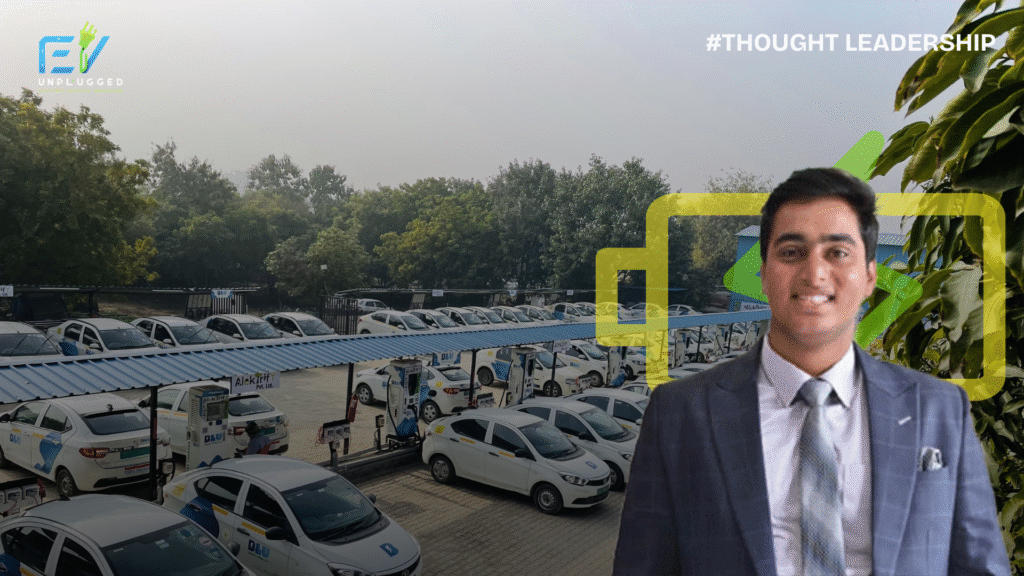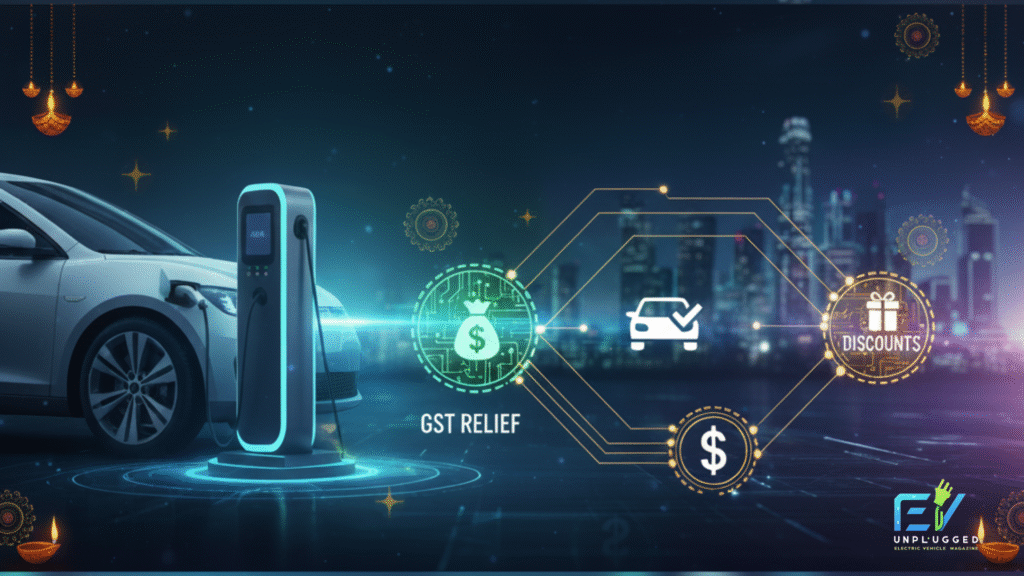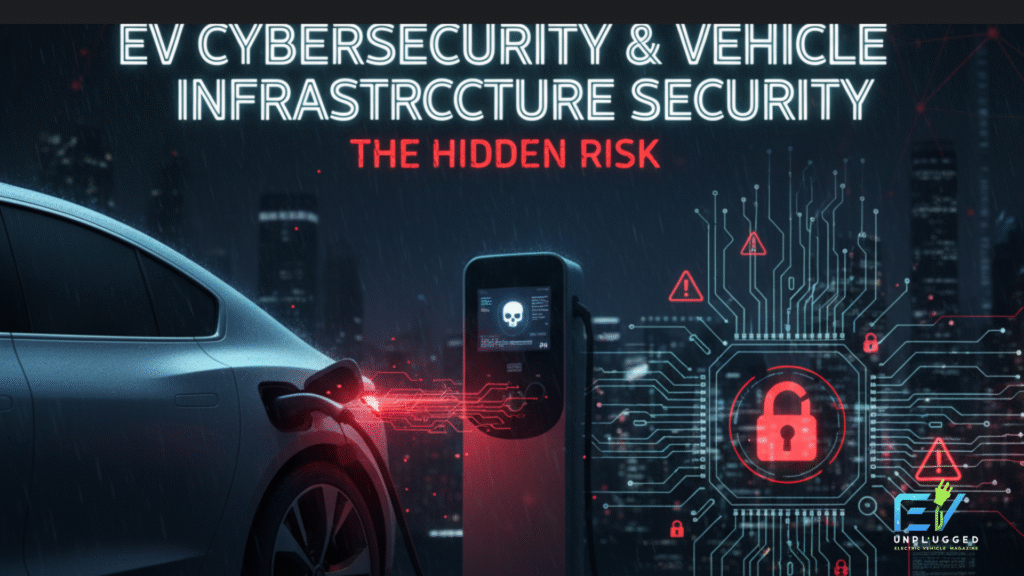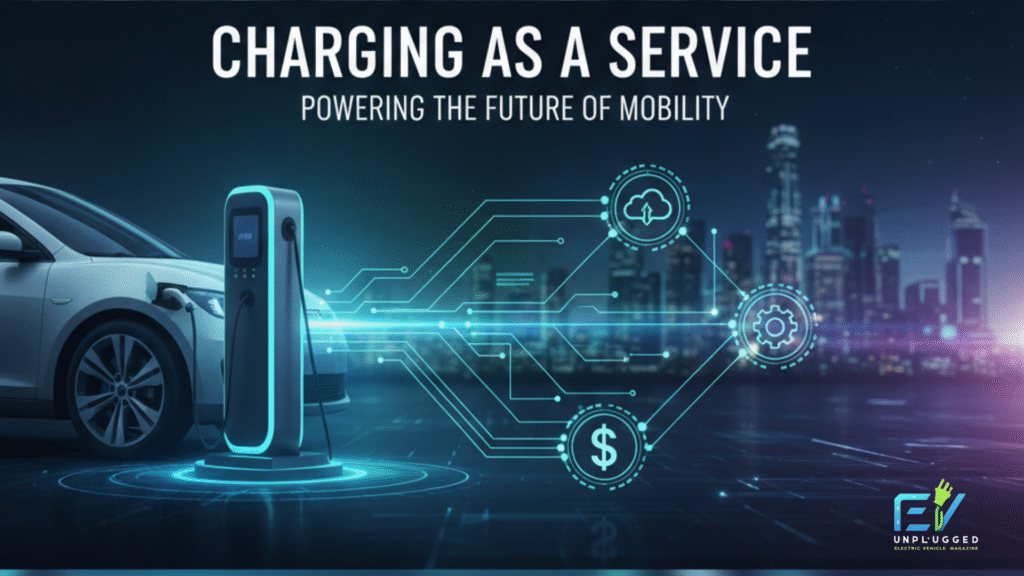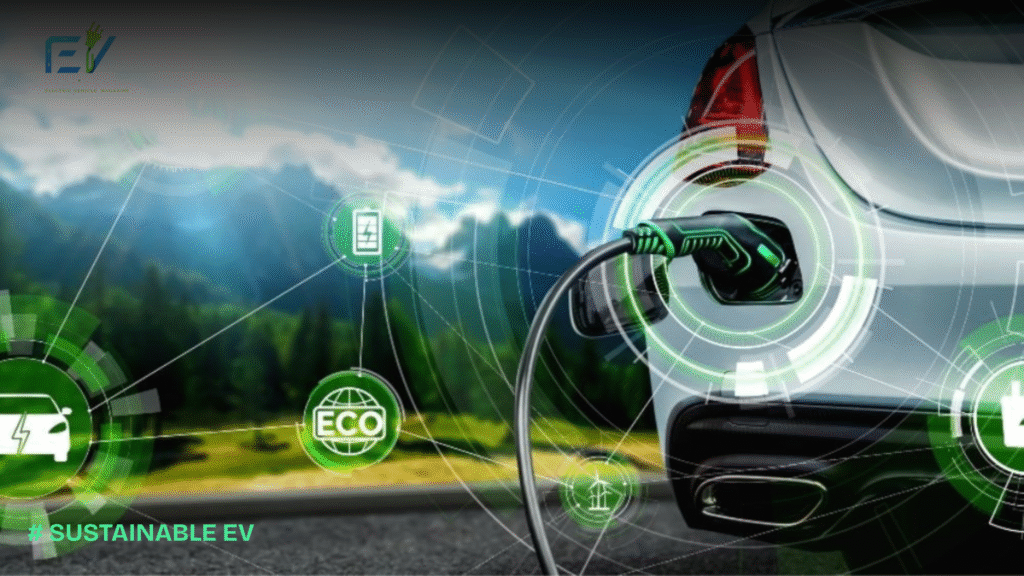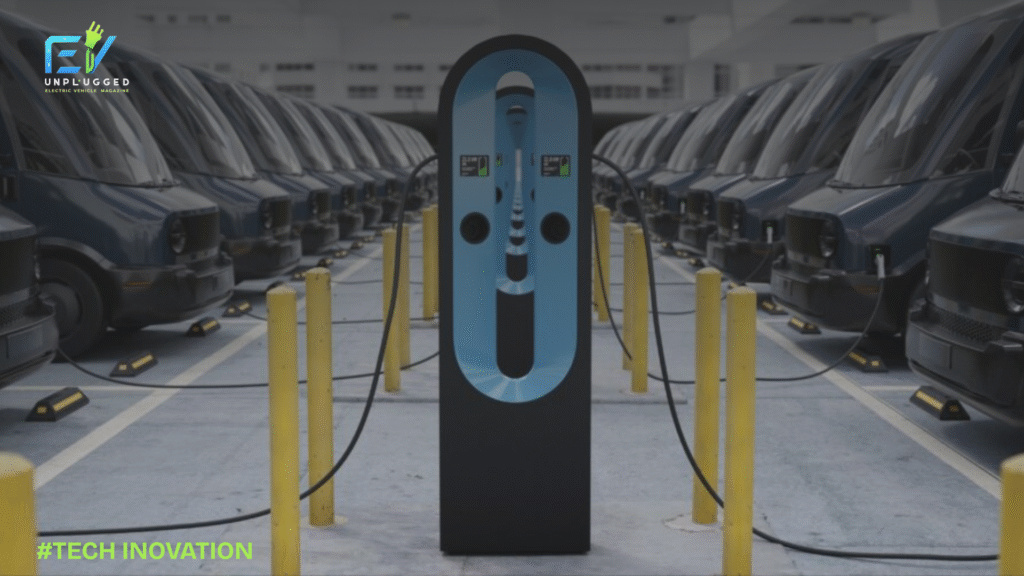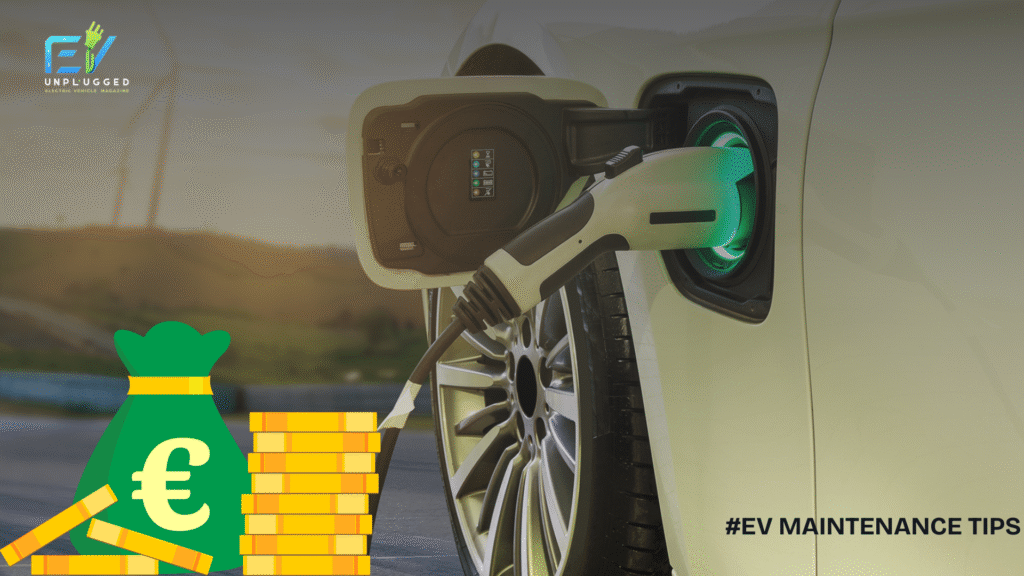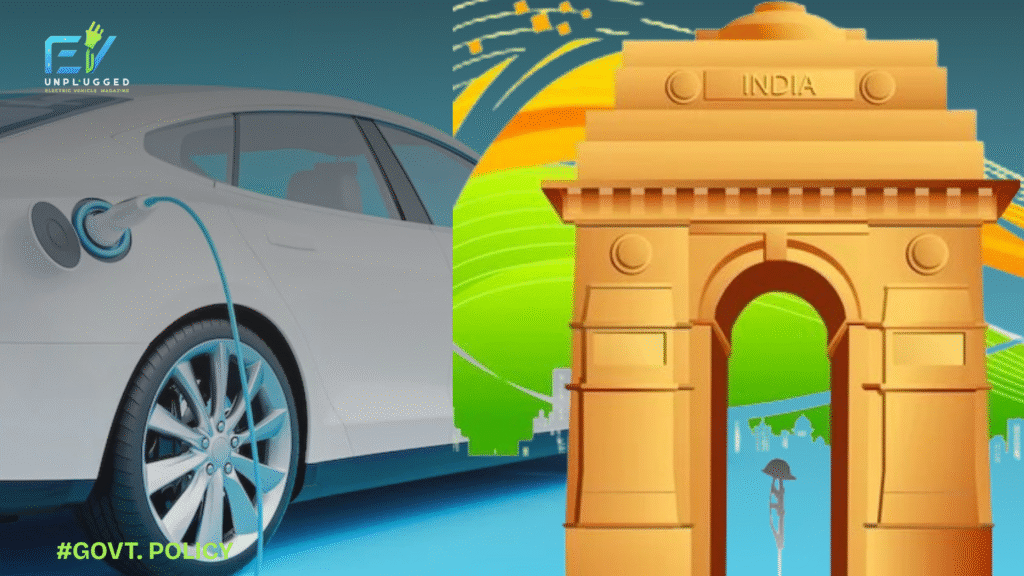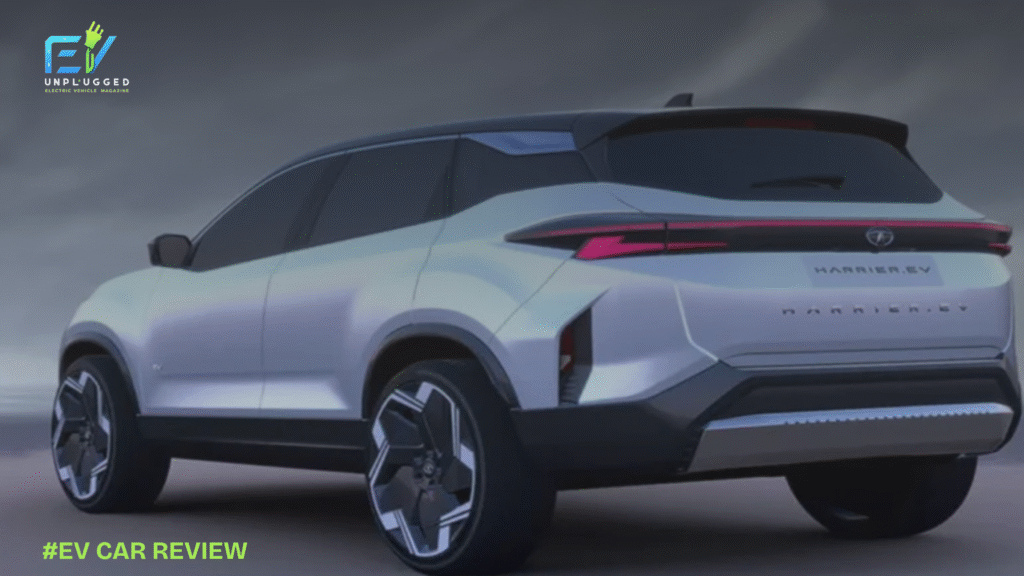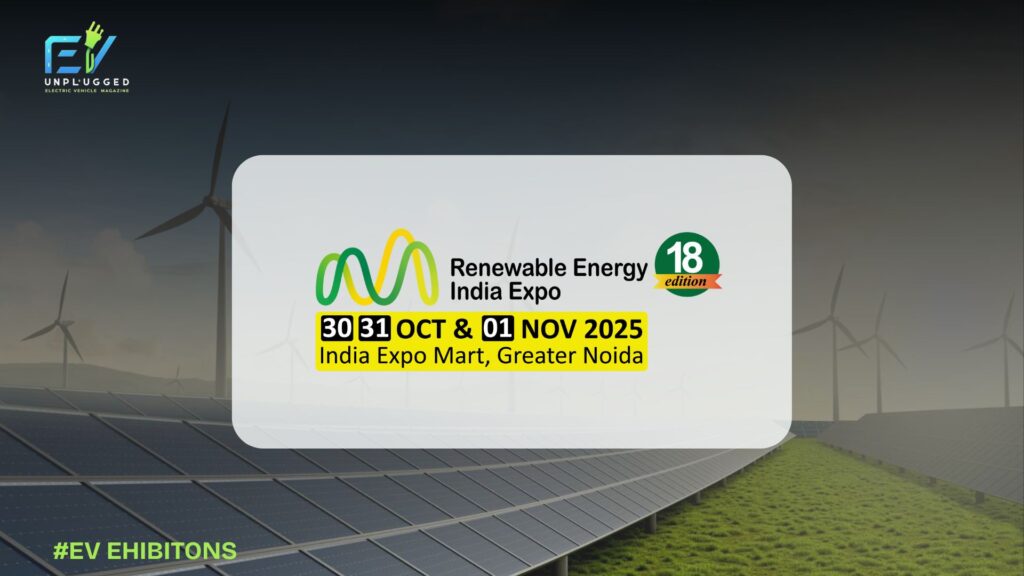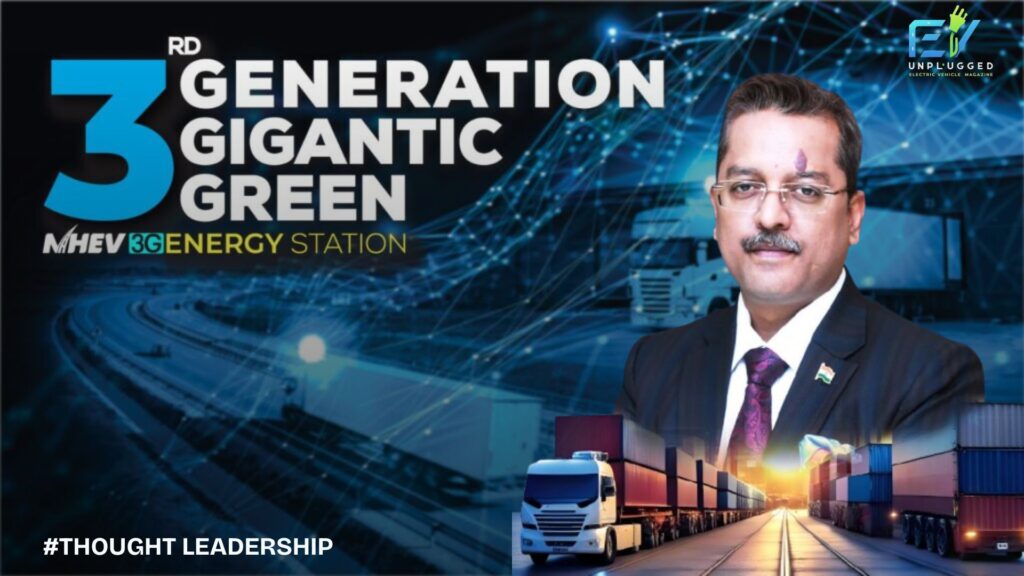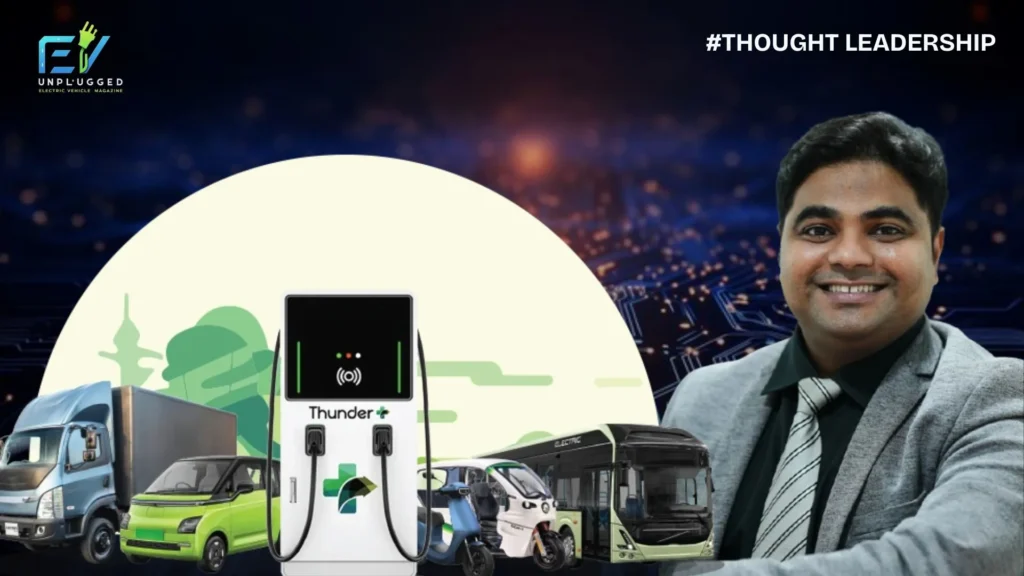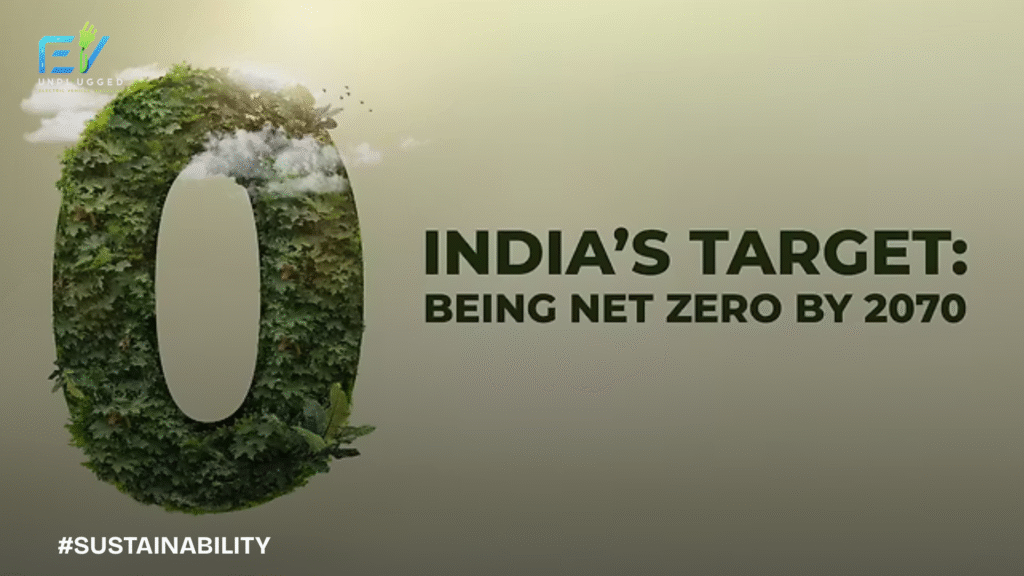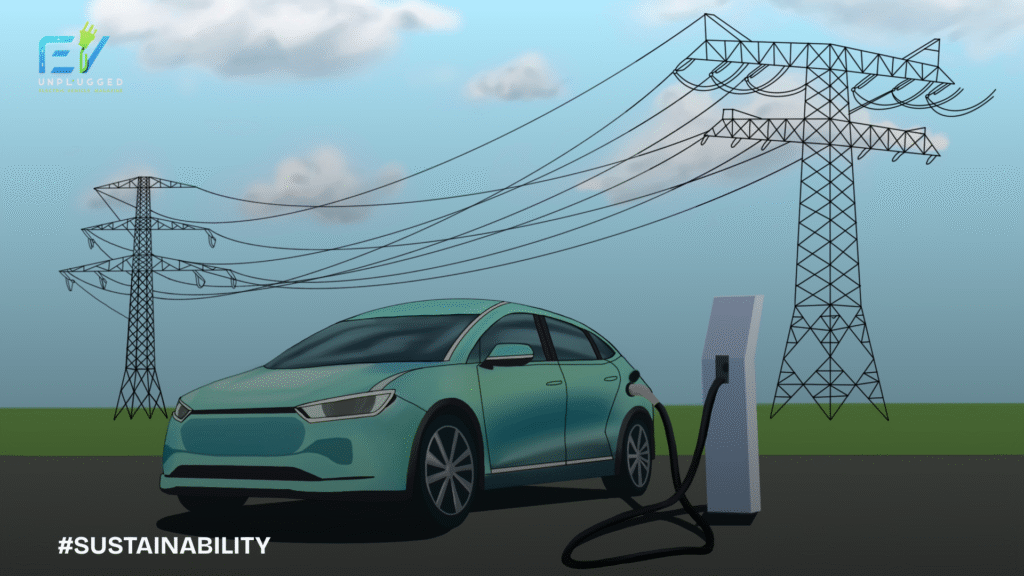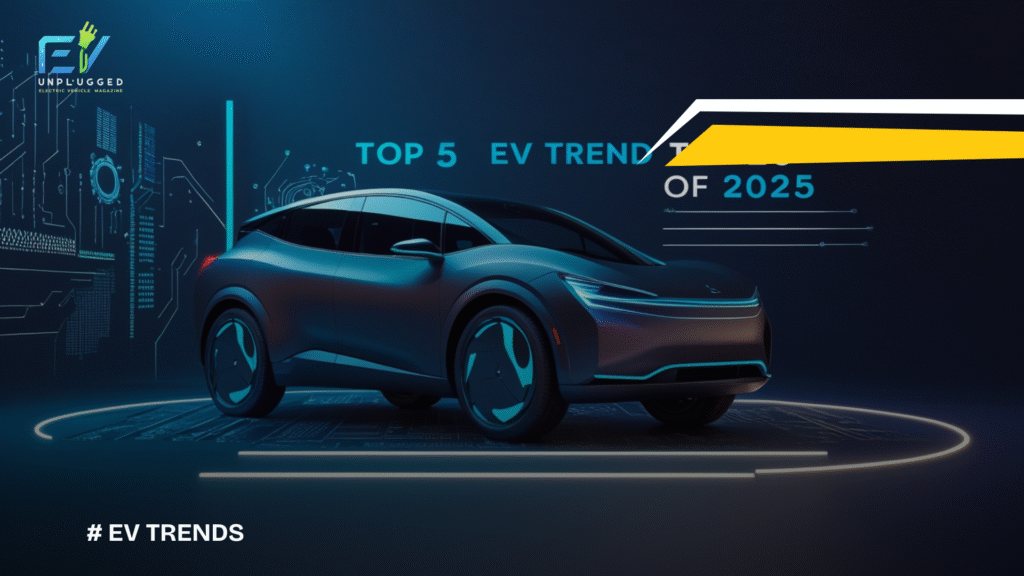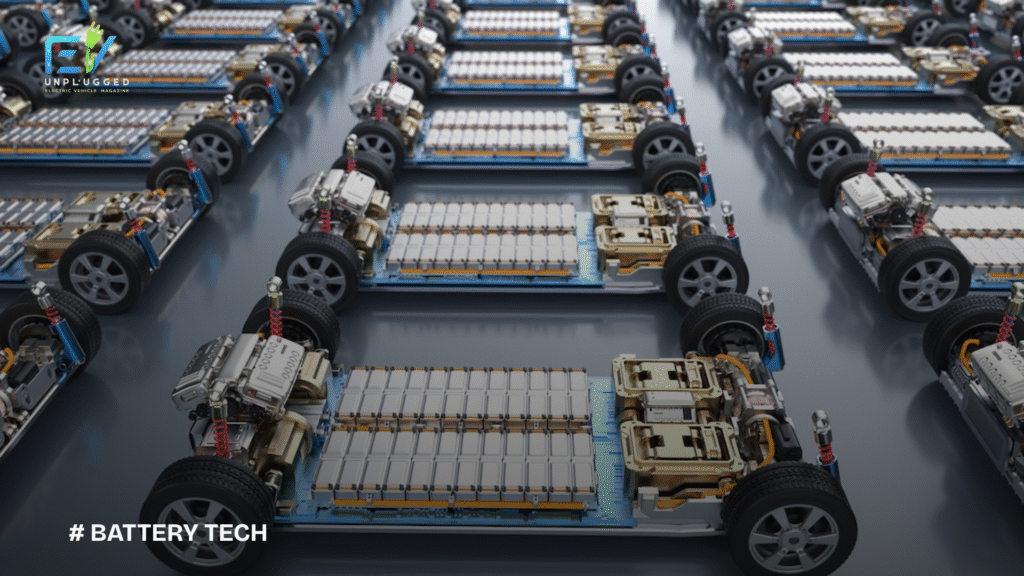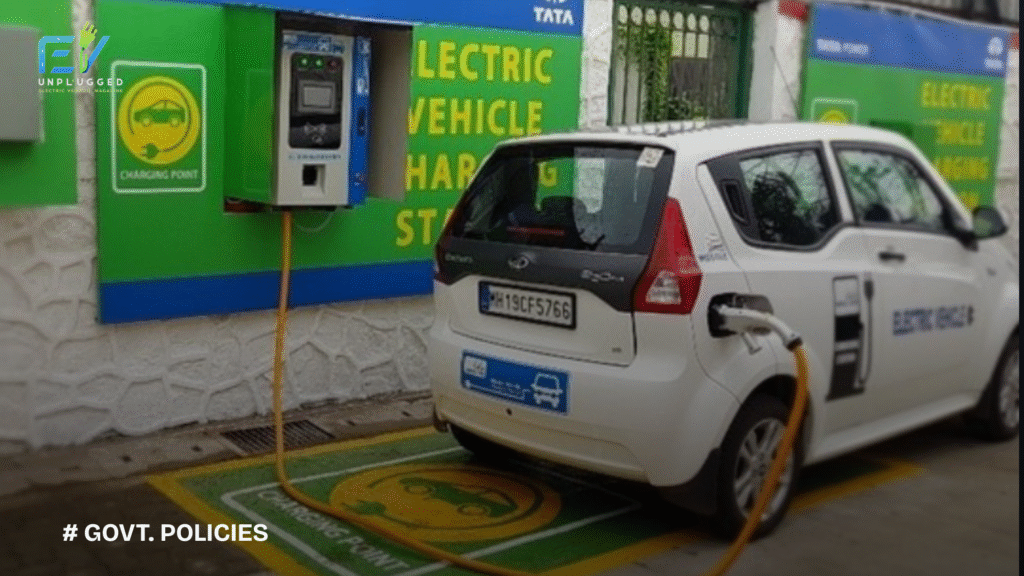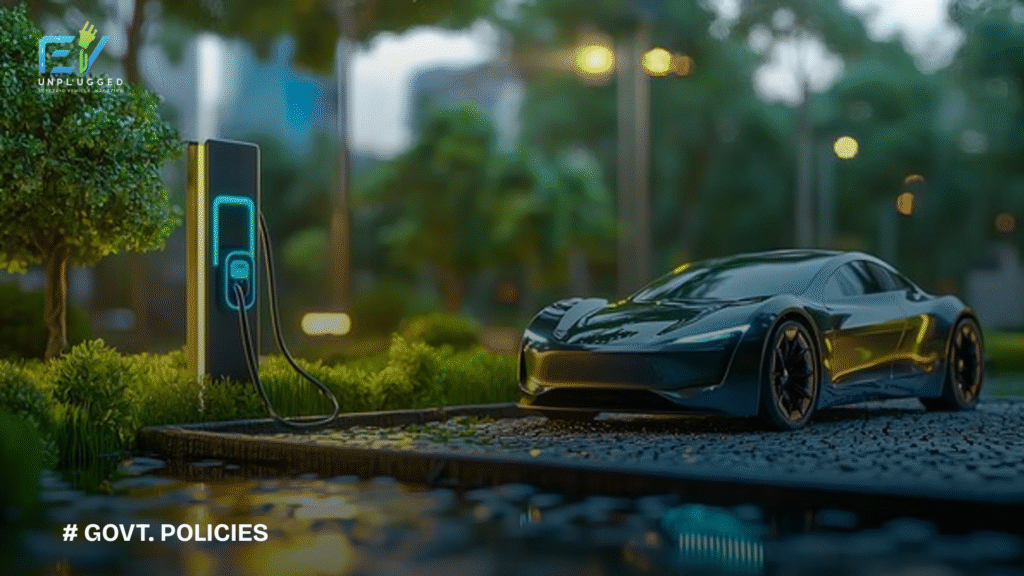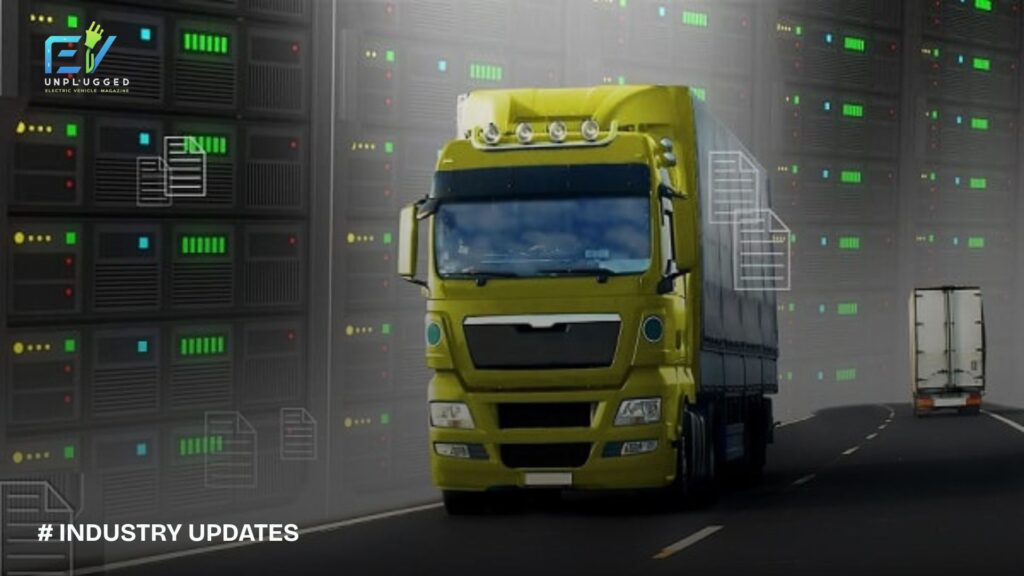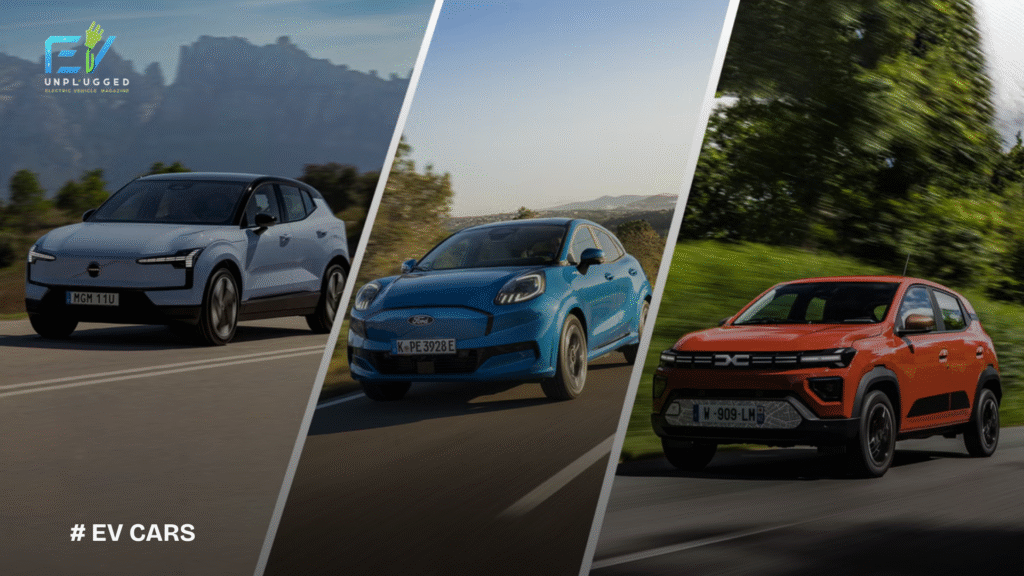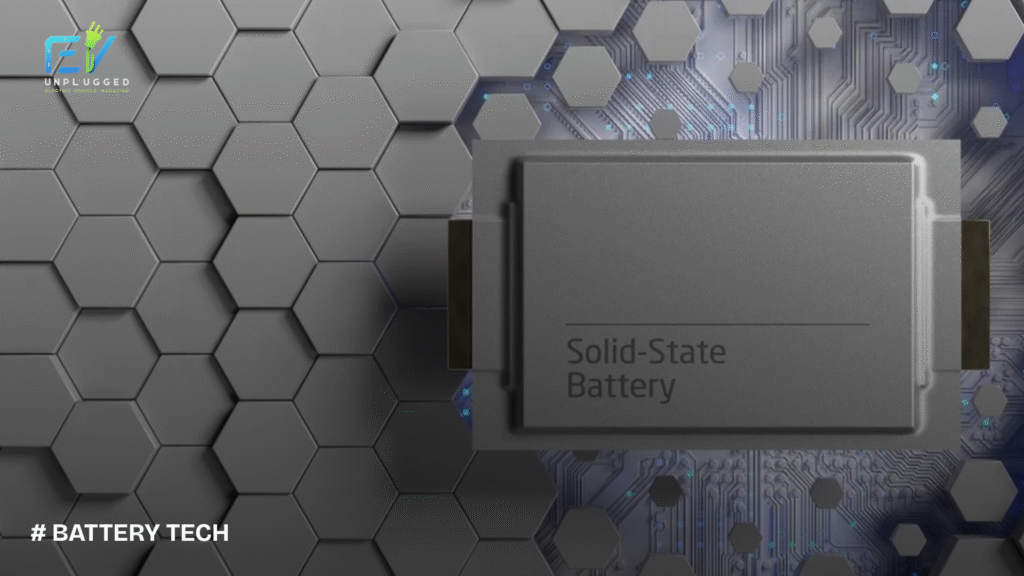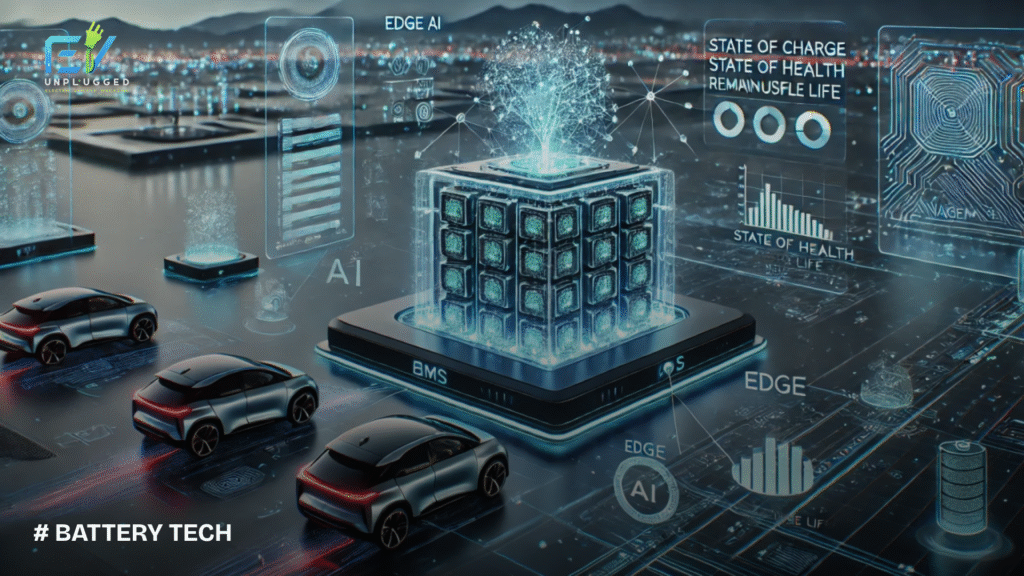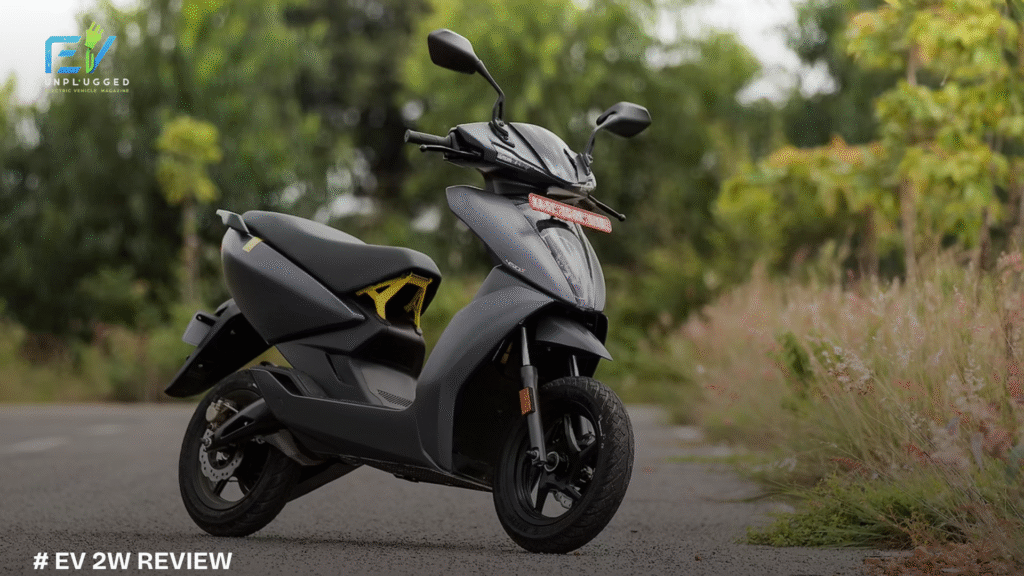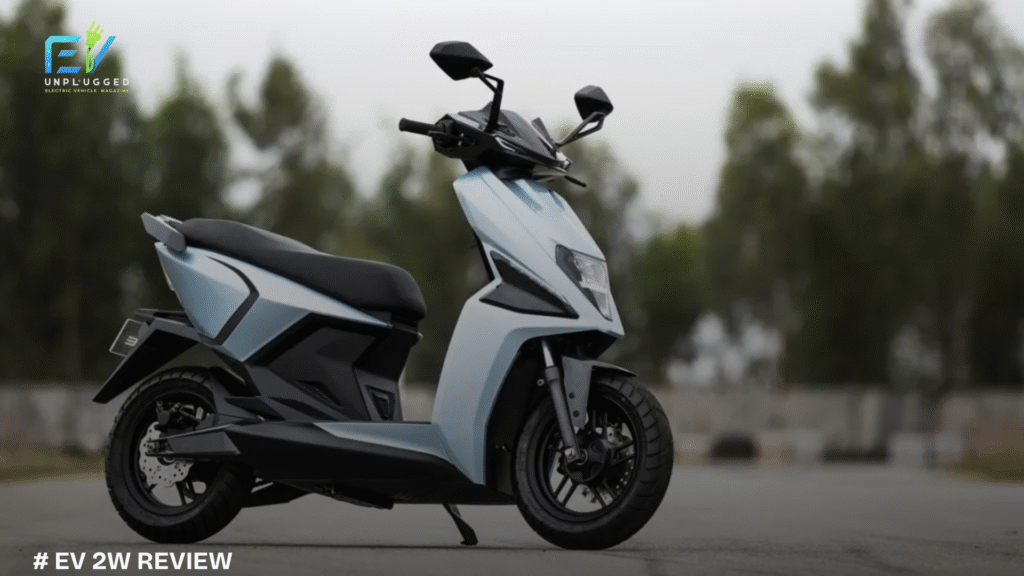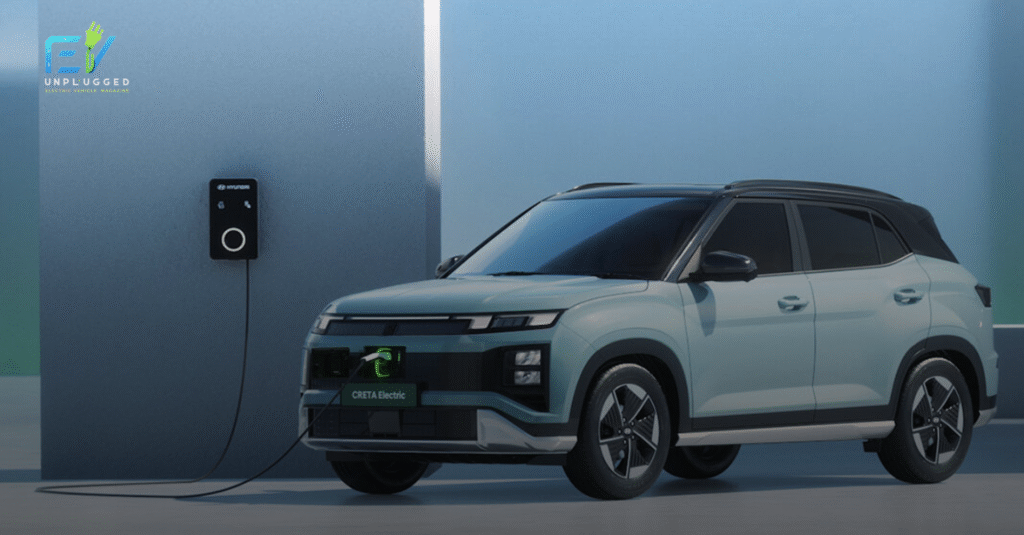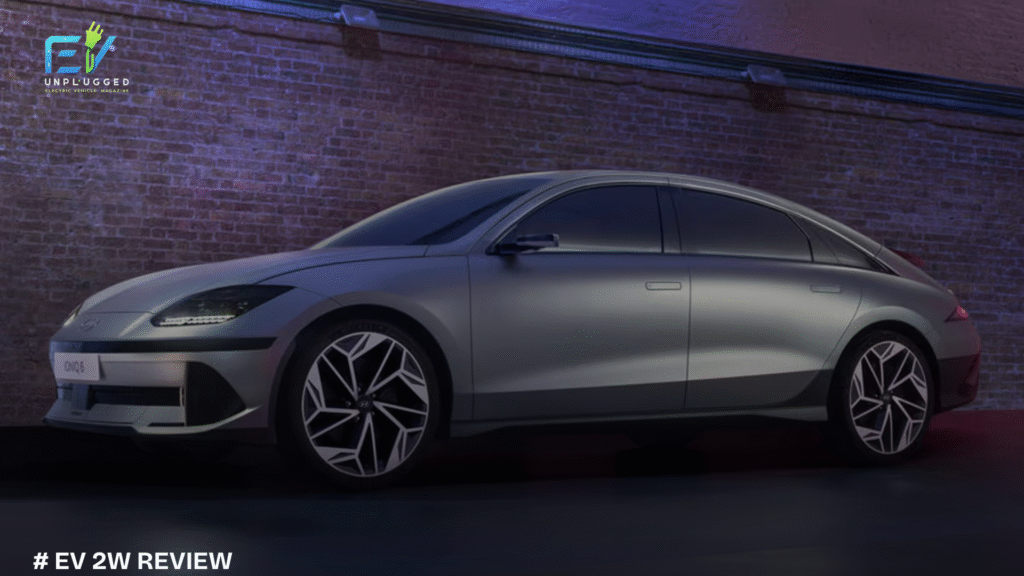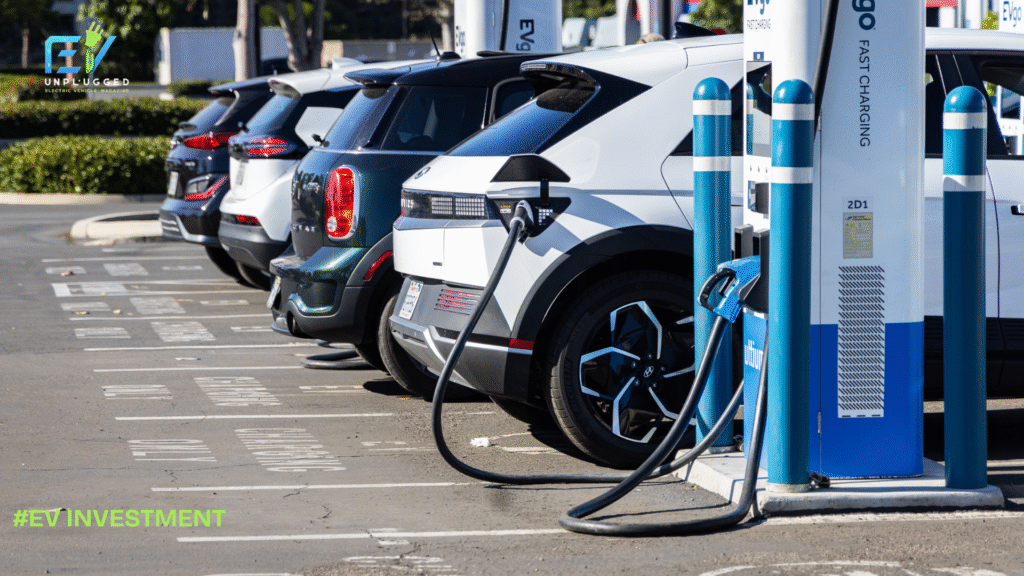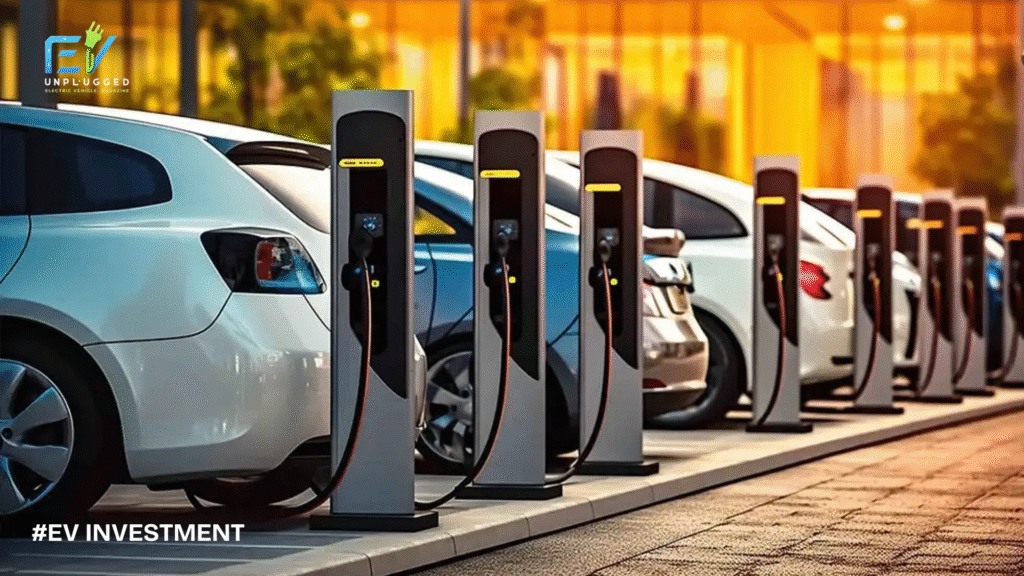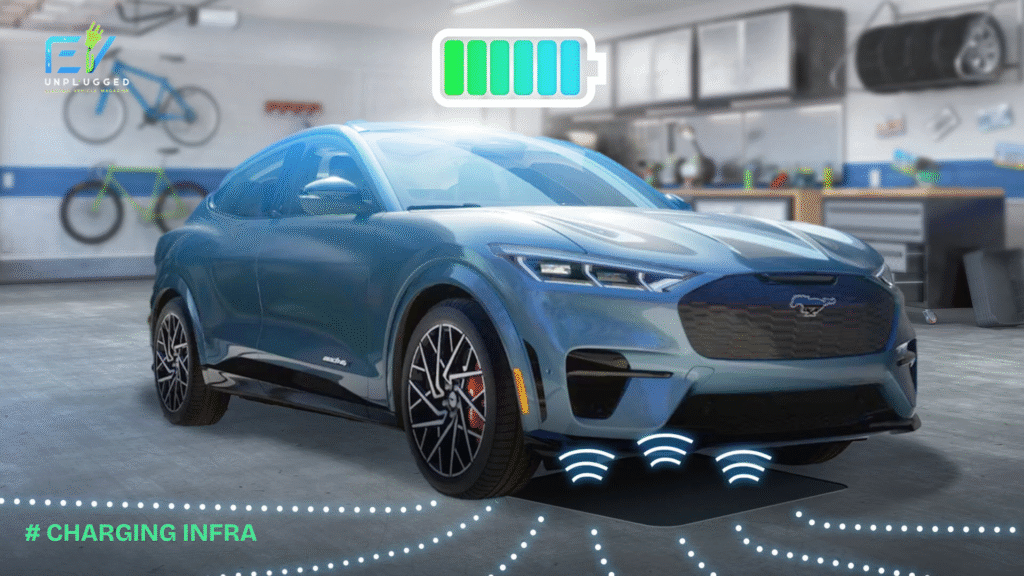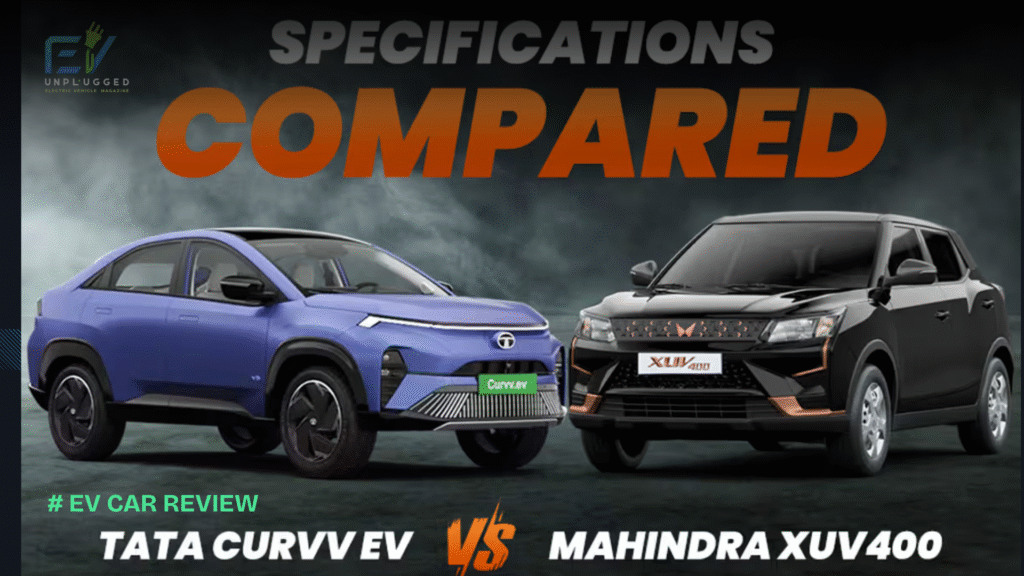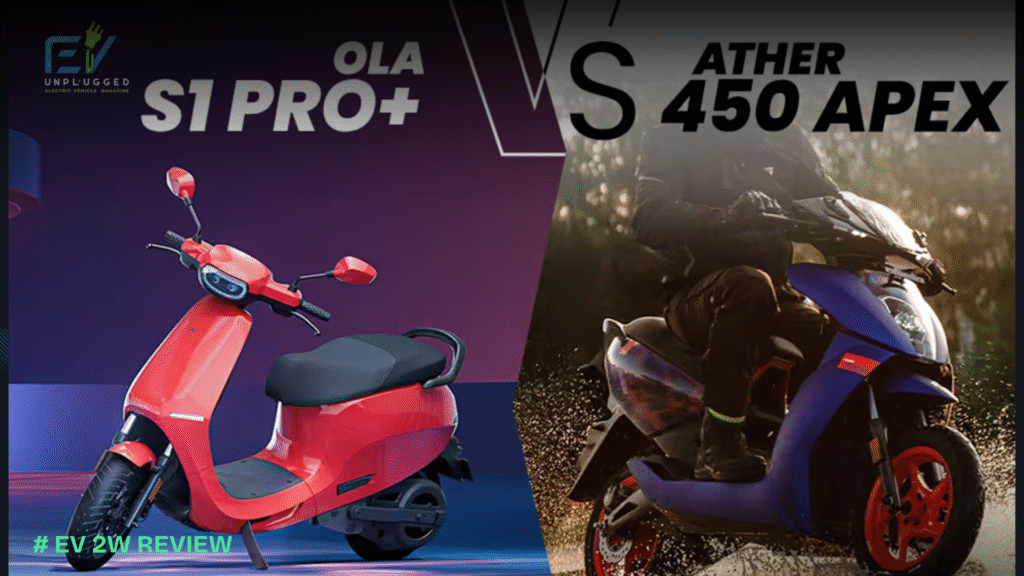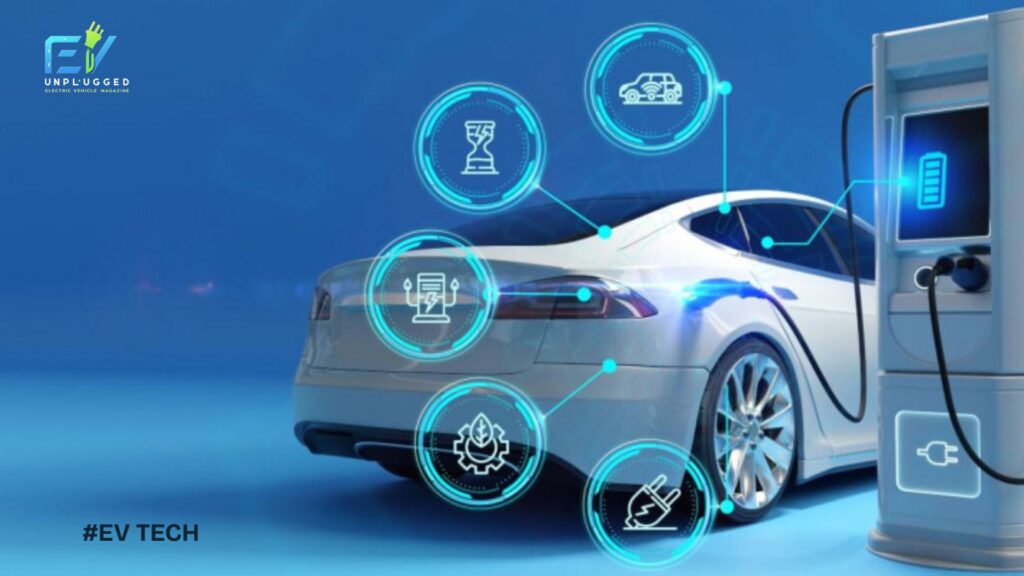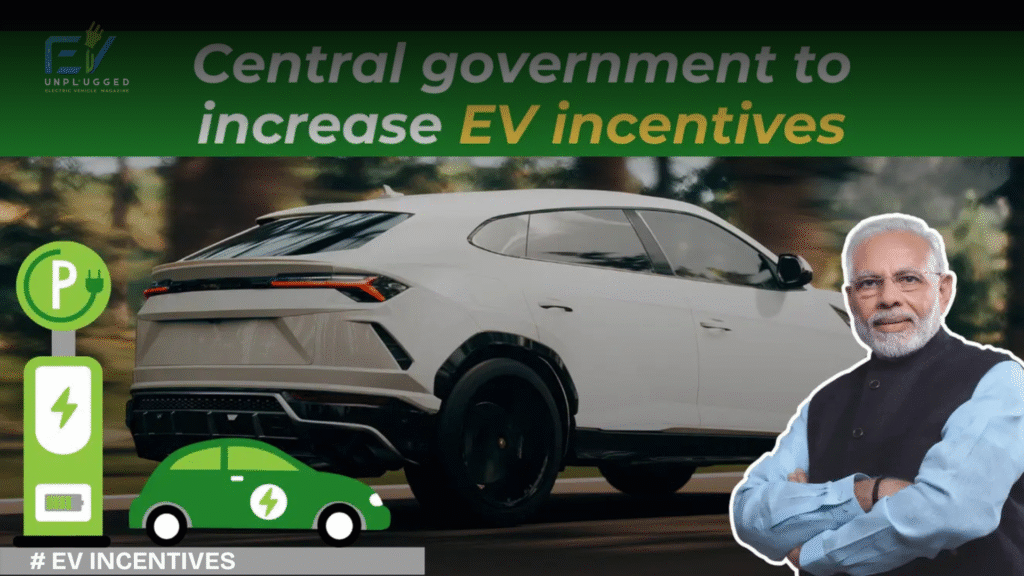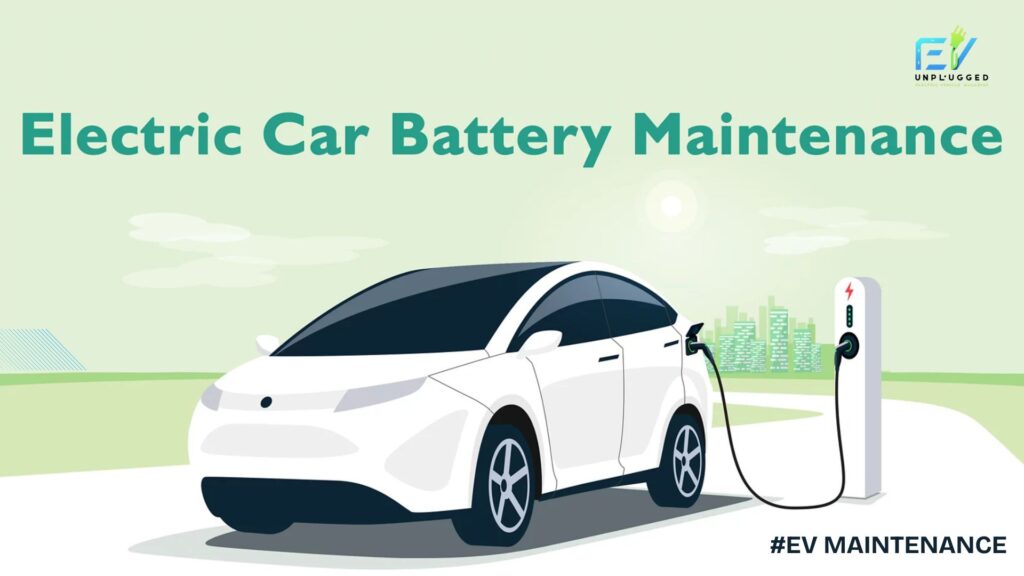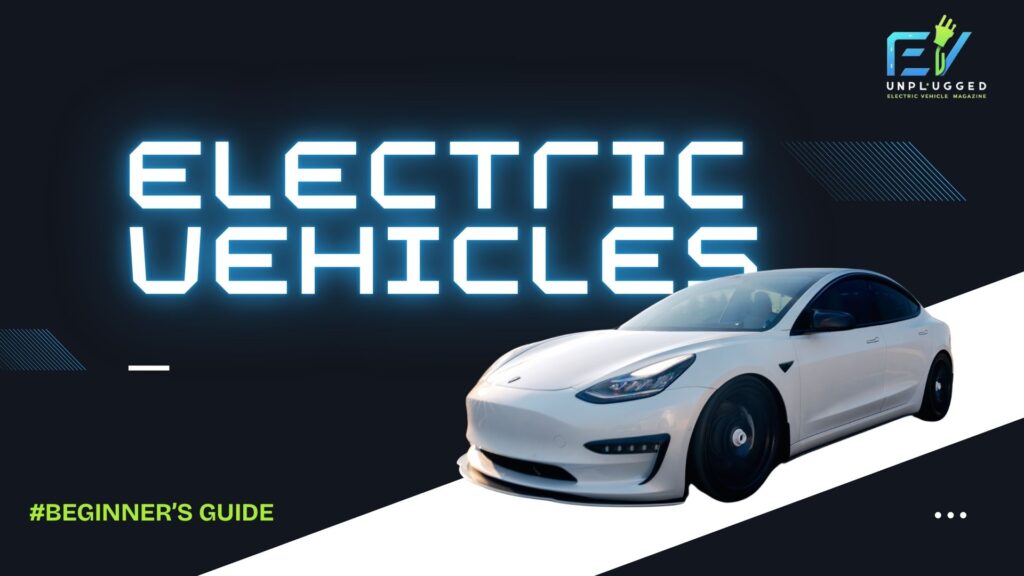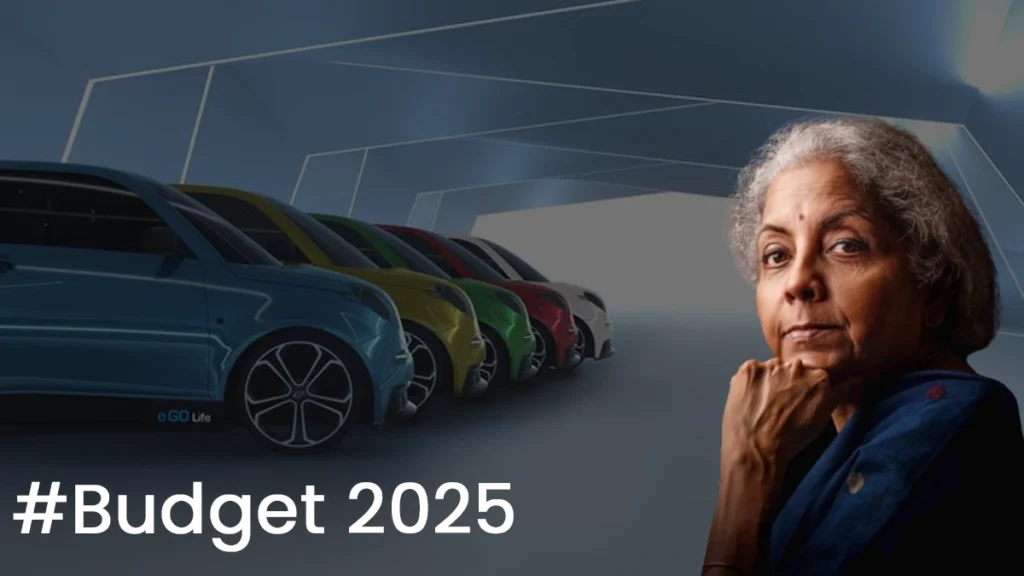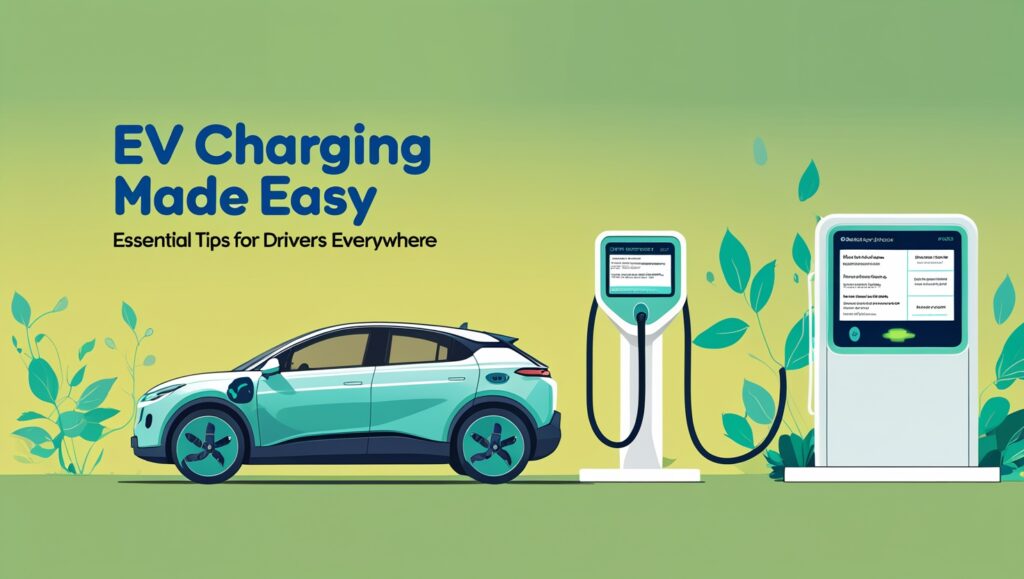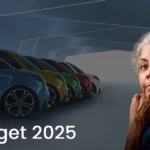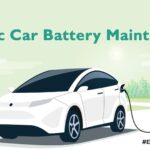Beginner’s Guide to Electric Vehicles (EVs): Everything You Need to Know
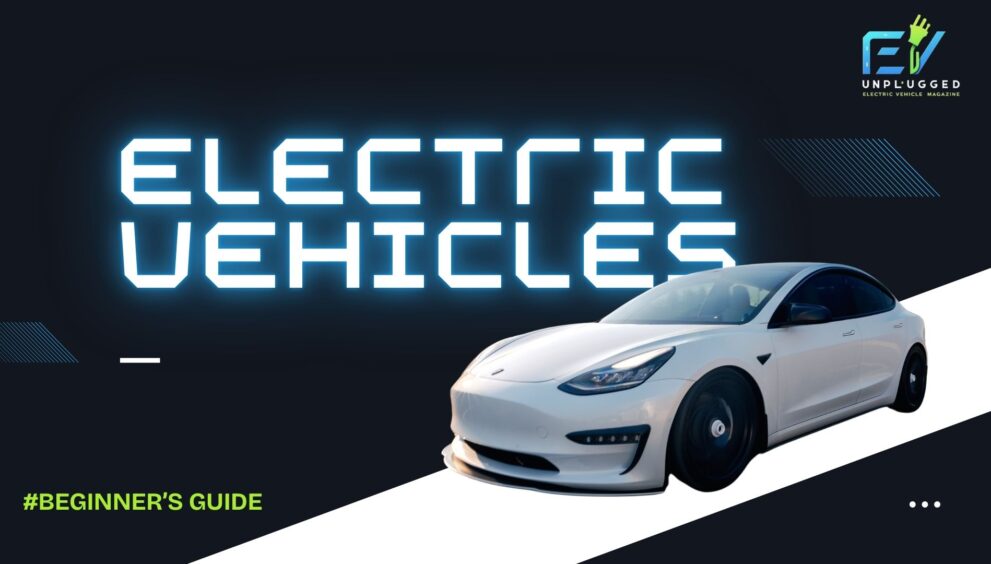
Are you curious about electric cars but don’t know where to start? This beginner guide to EV will walk you through everything—from what is an electric vehicle to how to charge an electric car, benefits, costs, and much more.
What is an Electric Vehicle?
An electric vehicle (EV) is powered by electricity instead of fuel. It runs on a battery and electric motor, resulting in zero emissions. There are three types of electric vehicles:
- Battery Electric Vehicles (BEVs)
- Plug-in Hybrid Electric Vehicles (PHEVs)
- Hybrid Electric Vehicles (HEVs)
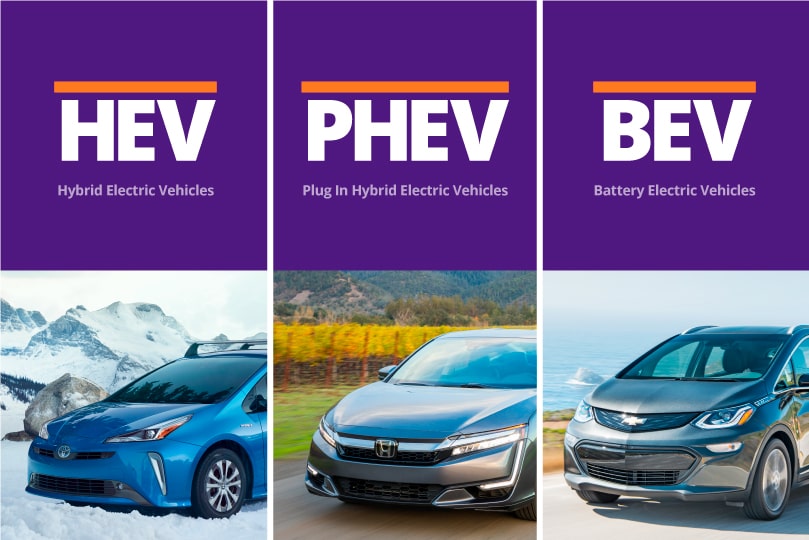
Benefits of Electric Cars for Beginners
Electric car benefits include:
- No tailpipe pollution
- Lower running and maintenance costs
- Government incentives and rebates
- Quieter and smoother rides
- Energy efficiency
EV vs Petrol Cars: Key Differences
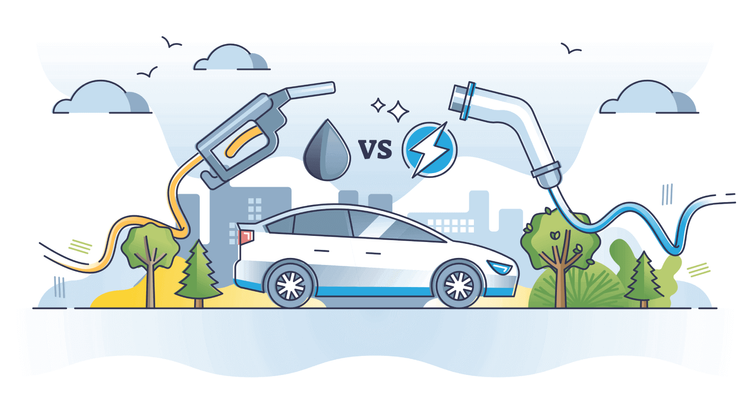
| Feature | Electric Vehicles | Petrol/Diesel Cars |
|---|---|---|
| Fuel Cost | ₹1–₹2/km | ₹7–₹10/km |
| Emissions | None | CO₂ and NOx emissions |
| Maintenance | Low | High (engine, oil, etc.) |
| Performance | Instant torque | Delay in pickup |
How to Charge an Electric Car?
You can charge your EV using:
- Home Charging (Level 1 or 2)
- Public EV Charging Stations (DC Fast Chargers)
Use apps like PlugShare or EV Plugs to locate charging stations.
What is the Average Electric Car Range?
The electric car range varies by model:
- Budget EVs: 150–200 km
- Mid-range EVs: 250–400 km
- Premium EVs: 500+ km
Plan long trips with charging stations along the route.
EV Maintenance Guide
EV maintenance is easier than fuel-based cars:
- No engine oil changes
- Brake pads last longer (regenerative braking)
- Fewer parts = fewer problems
Best Electric Vehicles for Beginners
Top recommendations for beginners:
- Tata Nexon EV
- MG ZS EV
- Hyundai Kona Electric
- Tesla Model 3 (premium)
- Nissan Leaf
Consider electric car range, price, and service centers before buying.
Government Subsidies for EVs in India
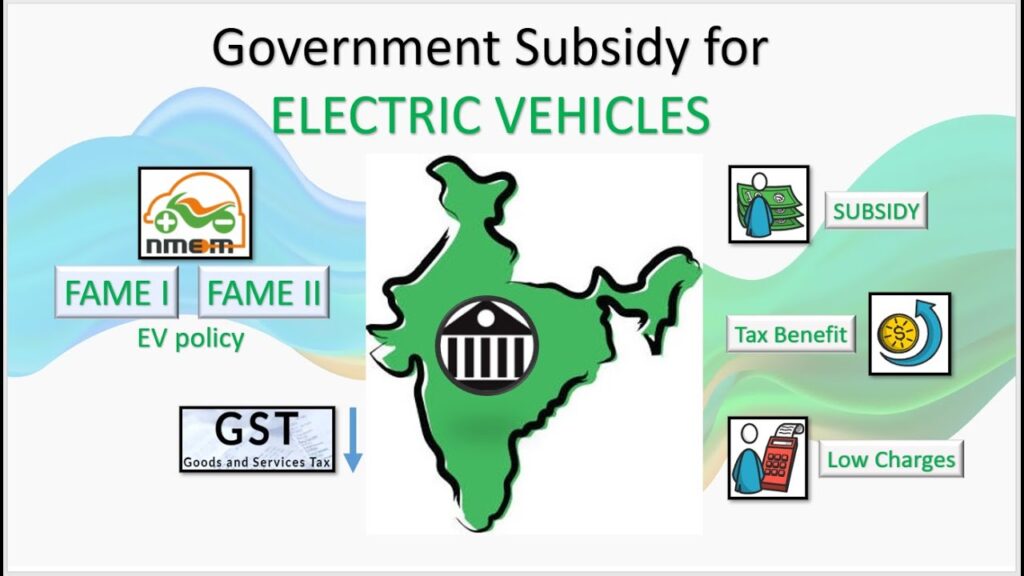
- FAME II scheme
- Road tax exemption in some states
- Subsidy up to ₹1.5 lakh depending on model and state
- Income tax benefits under Section 80EEB
Common EV Myths Debunked
- Myth: EVs can’t go far.
Truth: Modern EVs easily cover 250–500 km. - Myth: Charging takes forever.
Truth: Fast chargers offer 80% charge in under 1 hour. - Myth: EVs are expensive.
Truth: Running and maintenance savings offset initial cost.
The Future of Electric Mobility
- India plans 30% EV adoption by 2030
- Charging infrastructure is growing fast
- AI & connected EVs are becoming standard
- Innovations in solid-state batteries, solar EVs
Final Thoughts
This beginner guide to EV is your starting point to a cleaner, smarter, and more cost-effective future. Whether it’s daily commutes or weekend getaways, electric vehicles are ready to power your journey.

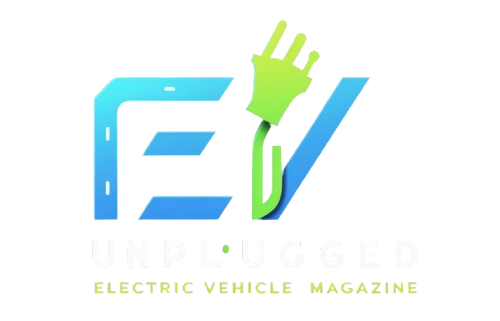
 English
English 